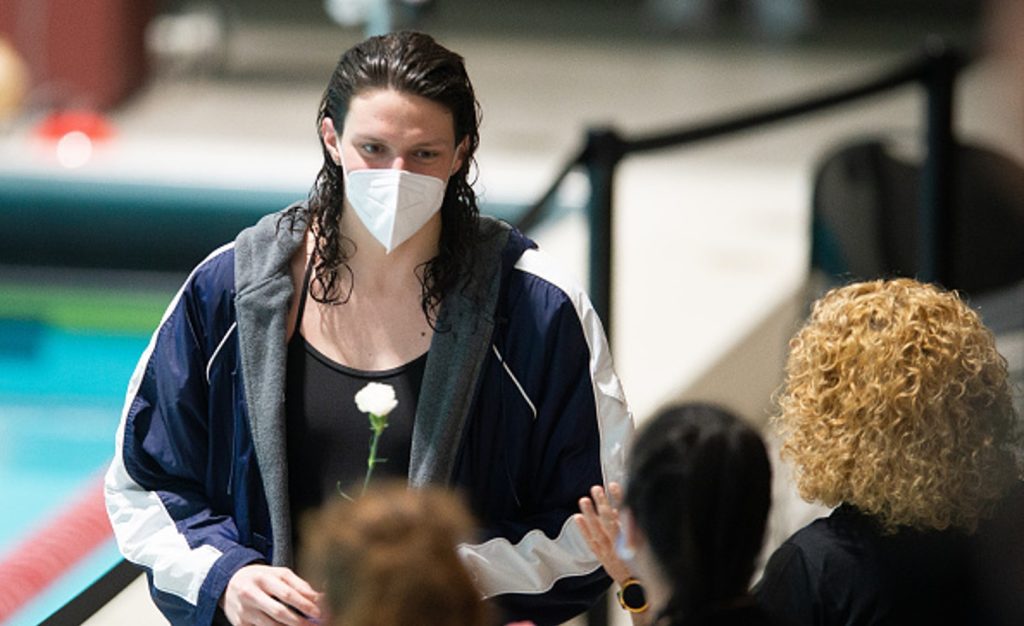Many college swimmers and volleyball players have filed a lawsuit against the NCAA over its transgender policies.
According to the lawsuit filed on Thursday, the athletes claim that the NCAA violated their Title IX rights by allowing transgender woman Lia Thomas to participate in the 2022 national championships.
Before transitioning, Thomas was a member of the men’s swim team at the University of Pennsylvania. Following the transition and switch to the women’s team, Thomas became the first transgender athlete to win a Division I title.
The lawsuit, filed in the U.S. District Court in Georgia, includes the races won by Thomas against other women in the NCAA, and describes the discomfort experienced by swimmers like Riley Gaines, who gained popularity after speaking out against Thomas’s participation in the events, especially when sharing a locker room with Thomas.
Kylee Alons, a 31-time All-American swimmer who competed against Thomas, expressed, “The NCAA did not protect me or my fellow swimmers or even warn us of what to expect. My privacy and safety were being violated in the locker room.”
Kylee Alons, an ambassador for Young Women for America, added, “Even if Thomas wasn’t in there, I felt I had to have some sort of privacy.”
The lawsuit also targets the University of Georgia, which hosted the 2022 national championship, and addresses similar situations for women athletes in volleyball.
The group's goal is for transgender athletes to compete only on teams corresponding to their biological sex, and for the awards given to transgender athletes to be given to other competitors.
While opponents of transgender athletes on teams that don’t match their biological sex argue it is unfair and can make women uncomfortable, LGBTQ activists have countered that it is discriminatory to exclude them, and state that there are no clear advantages for transgender athletes competing in women’s sports.
The NCAA said in a statement, “College sports are the premier stage for women’s sports in America, and while the NCAA does not comment on pending litigation, the Association and its members will continue to promote Title IX, make unprecedented investments in women’s sports, and ensure fair competition in all NCAA championships.”









